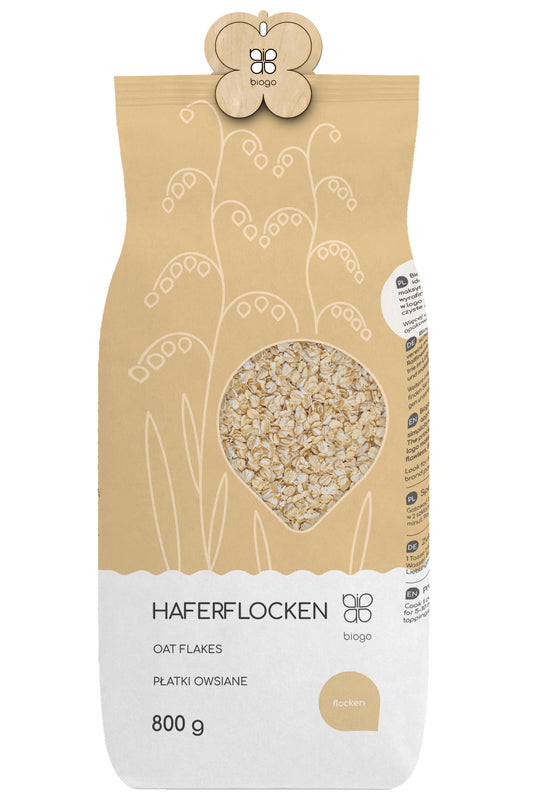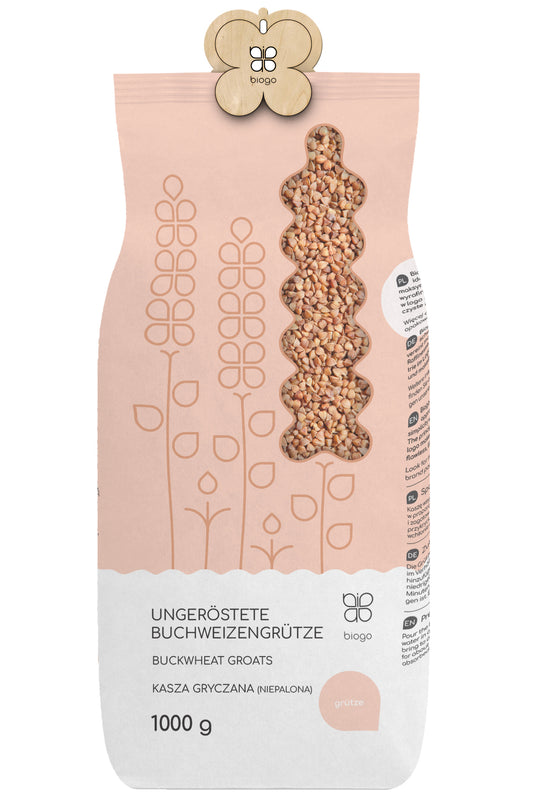The eco-friendly trend is becoming increasingly stronger and more noticeable in everyday life. It's affecting more and more areas and fields. Even in kindergarten, children learn how to properly separate waste. And the environment is becoming increasingly important to us, and healthy food is not only for us, but also for our environment.
More and more stores are doing away with plastic bags, and the zero- or less-waste lifestyle, which aims to produce as little waste as possible to minimize the impact on the environment, is gaining popularity. The clothing industry is also trying to follow this trend, which, as it turns out, has the greatest impact on our planet, right after the fuel industry. Larger clothing companies, keen to emphasize their commitment to environmentally friendly clothing production, have launched clothing made from recycled polyester. Recycled polyester is promoted as a good solution for people concerned about the environment and so-called sustainable fashion. Is it a truly ecological solution?
The polyester we see in clothing stores is actually polyethylene terephthalate, or PET for short. This is the material from which plastic bottles and films are made. Its production is extremely harmful to the environment, releasing toxic fumes, including carbon dioxide, into the atmosphere. On the other hand, recycled polyester (rPET) clothing is made from fibers obtained from plastic, recycled PET bottles. The advantage of recycled polyester is that it uses a non-biodegradable material, and if it isn't used, it would simply be thrown into a landfill and pollute the planet for centuries. Reusing it for material production is therefore an alternative to throwing PET in the trash. The second advantage is that no new petroleum resources are used to produce the material. Recycling polyester also consumes less energy than its original production. Do these benefits have a real impact on improving the state of the environment? Unfortunately, the disadvantages of recycled polyester far outweigh the advantages:
- recycled polyester is no longer recyclable,
- Before dyeing the recycled polyester in its final colour, it must first be bleached with toxic bleaching agents because its initial colour is not uniform,
- Every polyester releases microplastics when washed, which end up in rivers, seas and oceans, where they are eaten by fish that later end up on our plates.
This isn't the end of the downsides. Polyester, even recycled polyester, also has unfavorable properties when it comes to comfort:
- electrified
- it doesn't feel very pleasant,
- does not absorb moisture,
- it is impermeable to air - it makes us sweat faster and sweat has an unpleasant smell.
It's as if we were wearing plastic that comes from the processing of petroleum. That doesn't sound appealing.
It seems that recycled polyester isn't the best solution, let alone one that positively impacts the process of littering the planet. It's said that every second, a container of clothing is thrown away in the world. The best solution, therefore, would be to reduce overconsumption and overproduction of clothing. A few decades ago, the fashion industry released two collections per year: fall/winter and spring/summer. Today, new collections are produced continuously.
Even though rPET production uses around 60% less energy than regular polyester, it still requires significantly more energy and chemicals than organic materials. Therefore, out of concern for our health and the environment, the best solution would be to encourage sustainable brands to produce clothing from materials like organic cotton, wool, linen , or hemp.
THE PUBLISHER'S CHOICE
Dried dates 1 kg BIOGO
- £4.00
£5.00- £4.00
- Unit price
- / per
Peeled sunflower seeds 1 kg BIOGO
- £3.00
£4.00- £3.00
- Unit price
- / per
Dried organic mango 400 g BIOGO
- £10.00
- £10.00
- Unit price
- / per
Dried White Mulberries 500 g ORGANIC
- £6.00
£7.00- £6.00
- Unit price
- / per
Organic Ground Turmeric 500 g BIOGO
- £6.00
- £6.00
- Unit price
- / per
Oat flakes 800 g BIOGO
- £3.00
£3.00- £3.00
- Unit price
- / per
Milk thistle seeds 1 kg BIOGO
- £4.00
- £4.00
- Unit price
- / per
Popcorn (corn kernels) organic 1 kg BIOGO
- £6.00
- £6.00
- Unit price
- / per
Organic cashew nuts 1 kg BIOGO
- £18.00
- £18.00
- Unit price
- / per
Unpeeled buckwheat groats 1 kg BIOGO
- £3.00
£3.00- £3.00
- Unit price
- / per







































































































































